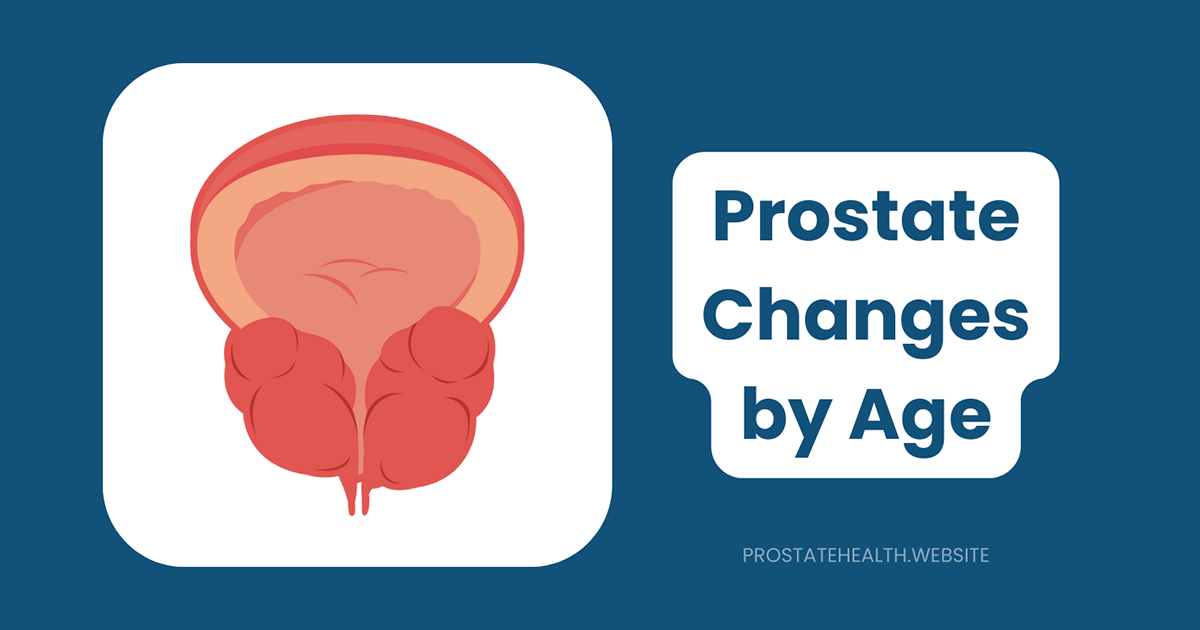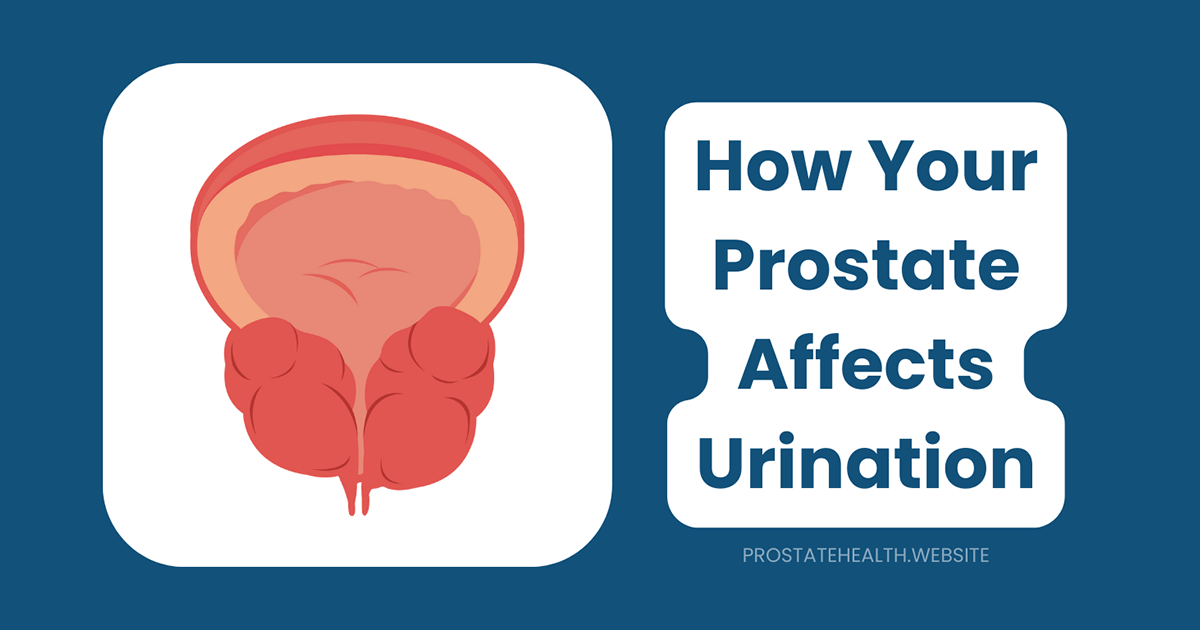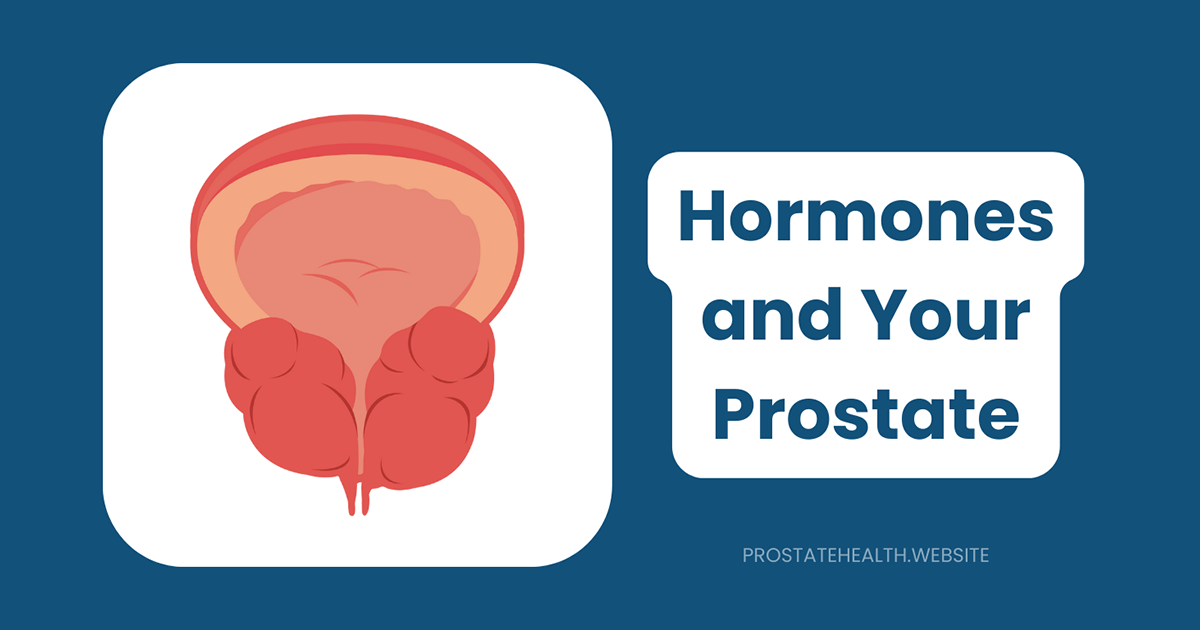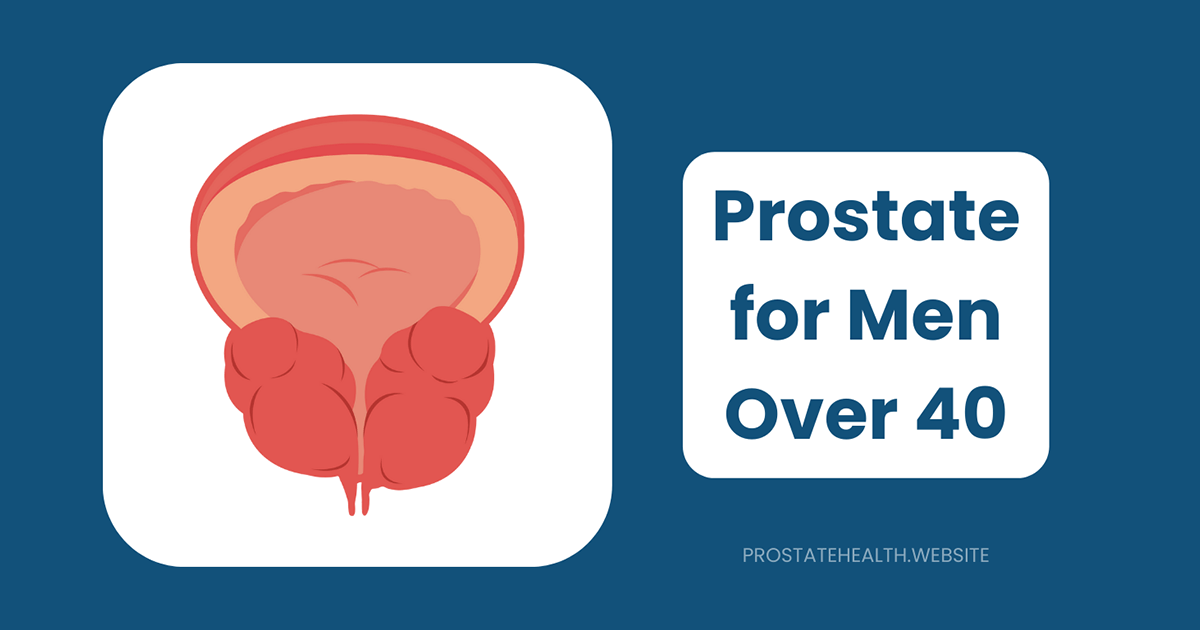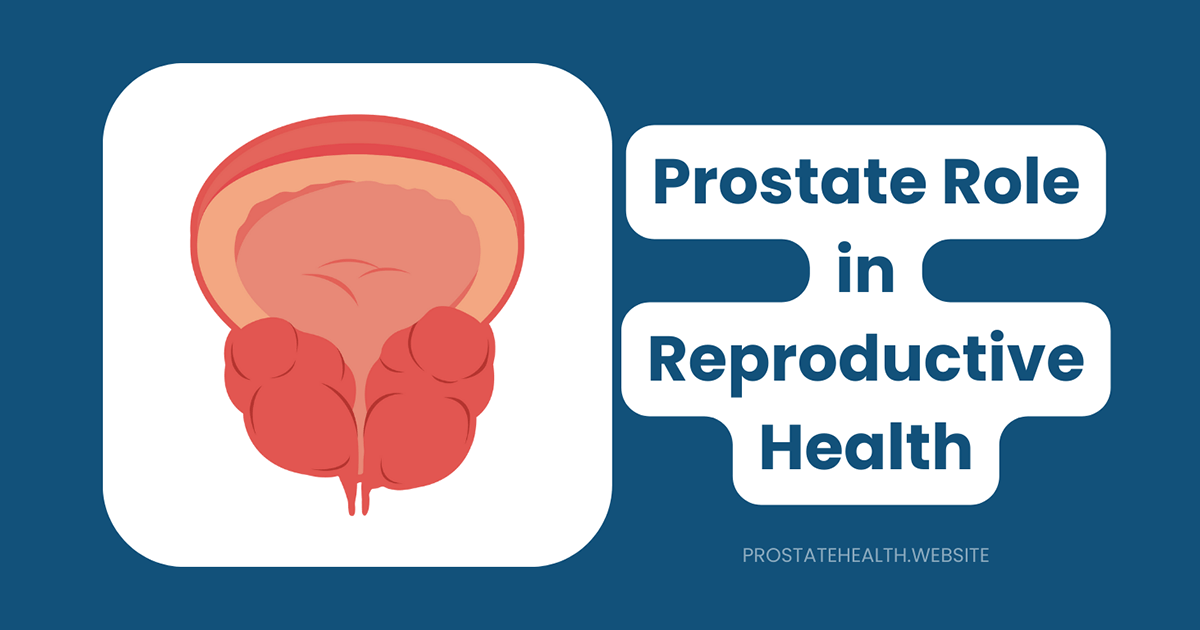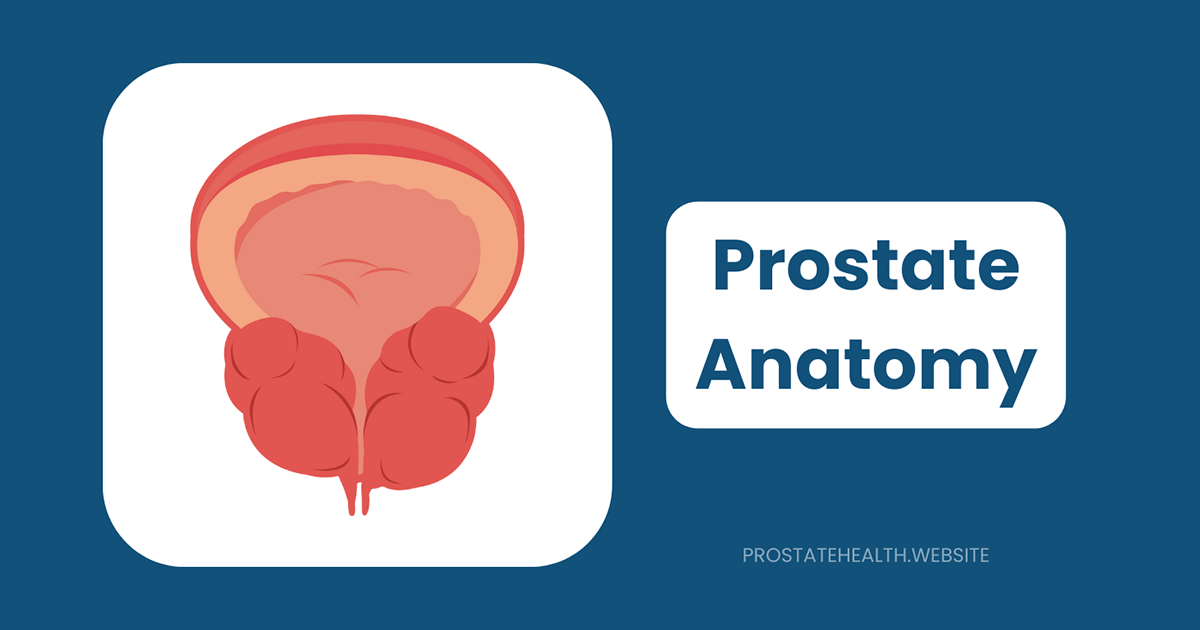The Prostate’s Connection to Sexual Health and Function: What Every Man Should Know
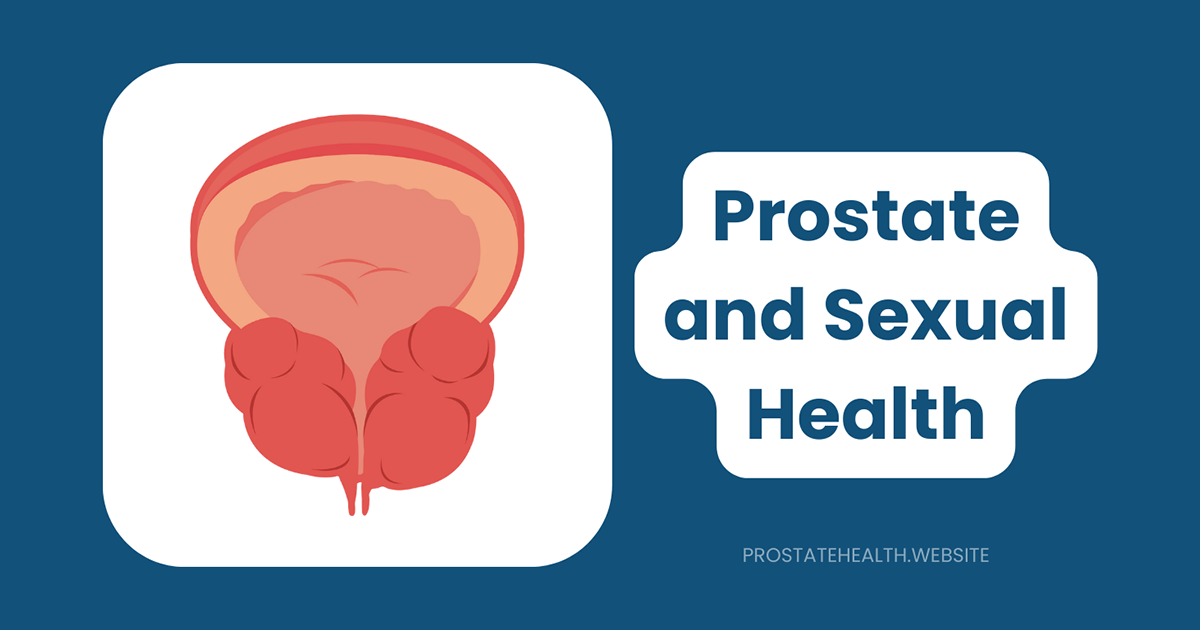
When it comes to men’s sexual health, the prostate gland plays a far more significant role than many realize. This walnut-sized organ, often discussed primarily in the context of cancer screening or urinary problems, is actually a key player in sexual function, pleasure, and fertility.
In this comprehensive guide, we’ll explore the intimate relationship between your prostate and your sexual health, helping you understand how this small gland influences everything from erection quality to orgasm intensity, and what you can do to maintain optimal function throughout your life.
The Prostate: More Than Just a Troublemaker
Before diving into the prostate’s sexual functions, let’s establish a clear understanding of what this gland is and where it’s located.
The prostate sits just below the bladder, surrounding the urethra (the tube that carries urine and semen out of the body). About the size of a walnut in younger men, it weighs approximately 30 grams (1 ounce) and is composed of both glandular and muscular tissue.
Dr. James Wilson, urologist at University Medical Center, explains: “Many men only think about their prostate when something goes wrong, but this remarkable gland is essential for normal sexual function and reproduction. Understanding its role can help men appreciate the importance of prostate health at every age.”
The Prostate’s Essential Sexual Functions
The prostate contributes to sexual health and function in several crucial ways:
1. Semen Production and Fertility
One of the prostate’s primary functions is producing prostatic fluid, which constitutes about 30% of semen volume. This slightly alkaline fluid contains several components essential for sperm health and function:
- Enzymes like prostate-specific antigen (PSA) that help liquefy semen after ejaculation, allowing sperm to swim more freely
- Zinc, citric acid, and other nutrients that nourish and protect sperm
- Immunoglobulins that help protect the urinary tract from infection
- Prostaglandins that may help prepare the female reproductive tract for conception
“The prostatic fluid is crucial for sperm motility and survival,” notes Dr. Sarah Williams, reproductive endocrinologist. “Without it, fertility would be significantly compromised.”
2. Ejaculation Mechanics
The prostate’s muscular tissue plays a key role in ejaculation. During sexual climax, these muscles contract rhythmically, forcing prostatic fluid into the urethra where it mixes with sperm from the testicles and fluid from other glands to form semen.
These contractions contribute significantly to the physical sensations of orgasm. In fact, what many men experience as the most intense part of orgasm is largely the result of these prostatic contractions.
3. Orgasmic Pleasure
The prostate is sometimes called the “male G-spot” because of its potential to enhance sexual pleasure. Rich in nerve endings, the prostate can be a source of intense pleasure when stimulated either directly or indirectly.
“The prostate’s involvement in orgasm goes beyond just mechanical contractions,” explains Dr. Robert Chen, sexual health specialist. “The gland contains numerous nerve endings that, when stimulated, can contribute to more intense and sometimes whole-body orgasmic experiences.”
How Prostate Conditions Affect Sexual Function
Various prostate conditions can significantly impact sexual health and function:
Benign Prostatic Hyperplasia (BPH)
BPH—non-cancerous enlargement of the prostate—primarily affects urinary function but can indirectly impact sexual health in several ways:
- Ejaculation changes: Some men with BPH experience reduced ejaculate volume or changes in ejaculation force.
- Psychological impact: Urinary symptoms like frequent nighttime urination can disrupt sleep, increase stress, and indirectly affect sexual desire and performance.
- Treatment side effects: Many BPH treatments can affect sexual function. For example, 5-alpha reductase inhibitors like finasteride can cause erectile dysfunction in approximately 3.7% of users and may reduce libido.
Interestingly, contrary to popular belief, an enlarged prostate itself doesn’t directly cause erectile dysfunction. However, the medications and procedures used to treat it often can.
Prostatitis
Inflammation of the prostate (prostatitis) can directly impact sexual function in several ways:
- Painful ejaculation: Inflammation can make ejaculation uncomfortable or painful, reducing sexual pleasure.
- Erectile dysfunction: The pain and discomfort associated with prostatitis can contribute to difficulty achieving or maintaining erections.
- Reduced libido: Chronic pain and discomfort can significantly decrease sexual desire.
Prostate Cancer and Its Treatments
Prostate cancer treatments often have the most significant impact on sexual function:
- Radical prostatectomy: Surgical removal of the prostate can damage nerves and blood vessels crucial for erections. Even with nerve-sparing techniques, erectile dysfunction occurs in 30-80% of men after surgery.
- Radiation therapy: About 50% of men experience erectile dysfunction after radiation treatment, though symptoms may develop gradually over 1-2 years.
- Hormone therapy: Androgen deprivation therapy reduces testosterone levels, often leading to reduced libido, erectile dysfunction, and changes in orgasmic sensation.
Dr. Michael Chen, oncologist specializing in prostate cancer, notes: “When discussing treatment options with patients, we now place much greater emphasis on sexual side effects and quality of life considerations. Advances in treatment techniques are increasingly focused on preserving sexual function whenever possible.”
The Ejaculation-Prostate Health Connection
Research has suggested an intriguing relationship between ejaculation frequency and prostate health:
Potential Protective Effects
Multiple studies have found associations between ejaculation frequency and reduced prostate cancer risk:
- The Health Professionals Follow-Up Study, which collected data from over 29,000 men, found that those who reported 21 or more ejaculations per month had a 31% lower risk of prostate cancer compared to those with 4-7 ejaculations per month.
- An Australian study involving 2,338 men found that those averaging 4.6-7 ejaculations per week were 36% less likely to be diagnosed with prostate cancer before age 70 compared to those with fewer than 2.3 ejaculations per week.
While these studies show correlation rather than causation, several theories might explain the potential protective effect:
- Prostatic fluid clearance: Regular ejaculation may help flush out potential carcinogens or inflammatory substances from the prostate.
- Reduced tension: Ejaculation may reduce tension in the prostate tissue, potentially slowing the division of prostate epithelial cells.
- Hormonal effects: Regular sexual activity might influence hormone levels in ways that benefit prostate health.
Does “Prostate Congestion” Exist?
The concept of “prostate congestion” from infrequent ejaculation is somewhat controversial in medical circles. While some practitioners believe that infrequent ejaculation can lead to prostatic fluid buildup and inflammation, others point out that the body naturally reabsorbs prostatic fluid when it’s not expelled.
Dr. Wilson explains: “The prostate is constantly producing fluid, whether you’re sexually active or not. While there’s no definitive evidence that lack of ejaculation directly harms the prostate, the epidemiological data suggesting a benefit to regular ejaculation is certainly intriguing.”
Preserving Sexual Function During Prostate Treatment
Recent advances in prostate treatment are increasingly focused on preserving sexual function:
Breakthrough Treatments with Fewer Sexual Side Effects
According to research presented at the 2025 European Association of Urology Congress, a procedure called Aquablation is showing promising results for men with enlarged prostates. This minimally invasive treatment uses a high-pressure water jet to remove excess prostate tissue under robotic guidance.
The WATER III trial found that only 15% of men who underwent Aquablation experienced retrograde ejaculation (when semen flows backward into the bladder instead of out through the penis), compared to 77% of men who had traditional laser surgery. This represents a significant advancement in preserving ejaculatory function while effectively treating BPH.
Exercise and Sexual Function
A 2025 randomized clinical trial published in JAMA Network Open found that supervised exercise programs significantly improved sexual function in men with prostate cancer, particularly those with the lowest baseline scores.
The study showed improvements in erectile function, sexual desire, intercourse satisfaction, and overall satisfaction among men who participated in exercise programs. Adding psychosexual education further enhanced these benefits.
“This research highlights the importance of integrating exercise into treatment plans for prostate cancer survivors,” notes Dr. Williams. “It’s a non-pharmacological approach that can significantly improve quality of life.”
Natural Approaches to Support Prostate Sexual Function
Several lifestyle factors can help maintain both prostate health and sexual function:
Diet and Nutrition
Research suggests certain dietary patterns may support both prostate and sexual health:
- Mediterranean diet: Rich in fruits, vegetables, whole grains, fish, and olive oil, this eating pattern has been associated with better erectile function and prostate health.
- Antioxidant-rich foods: Tomatoes (lycopene), pomegranates, berries, and green tea contain compounds that may support prostate health and blood vessel function crucial for erections.
- Zinc-rich foods: The prostate contains the highest concentration of zinc in the male body. Foods like oysters, pumpkin seeds, and beef can help maintain optimal zinc levels.
Physical Activity
Regular exercise appears to benefit both prostate and sexual function:
- Moderate to vigorous physical activity improves blood flow, hormone levels, and nerve function—all crucial for sexual health.
- Specific pelvic floor exercises can help improve ejaculatory control and may enhance orgasmic intensity.
Stress Management
Chronic stress can negatively impact both prostate health and sexual function:
- Stress elevates cortisol levels, which can disrupt testosterone production and contribute to erectile difficulties.
- Stress management techniques like mindfulness meditation, deep breathing, and regular relaxation can support overall sexual health.
When to Talk to Your Doctor
Consider discussing prostate-related sexual concerns with your healthcare provider if you experience:
- Changes in ejaculation (reduced volume, pain, or retrograde ejaculation)
- Erectile difficulties that may be related to prostate conditions or treatments
- Pain or discomfort during or after sexual activity
- Concerns about how prostate treatment might affect your sexual function
- Interest in sexual rehabilitation after prostate surgery or radiation
Remember: Many men hesitate to discuss sexual concerns with their doctors due to embarrassment, but these conversations are routine for healthcare providers and addressing problems early often leads to better outcomes.
The Future of Prostate and Sexual Health Research
Research into the connection between prostate health and sexual function continues to advance rapidly. Some promising areas include:
- Nerve-sparing surgical techniques: Refinements in prostate surgery aim to better preserve the nerves responsible for erections.
- Targeted radiation approaches: More precise radiation delivery systems help minimize damage to surrounding tissues involved in sexual function.
- Regenerative therapies: Stem cell treatments and other regenerative approaches show promise for restoring erectile function after prostate treatment.
- Nuanced hormone therapies: Intermittent hormone therapy and selective androgen receptor modulators may help reduce sexual side effects while effectively treating prostate cancer.
The Bottom Line: A Holistic Approach to Prostate and Sexual Health
Understanding the intimate connection between your prostate and sexual function empowers you to take a proactive approach to both aspects of your health. By recognizing how they influence each other, you can make informed decisions about prevention, screening, and treatment options.
While prostate conditions and aging inevitably bring changes, advances in medical care and lifestyle interventions can help you maintain sexual function and quality of life throughout your adult years. The key is open communication with healthcare providers and a willingness to address issues as they arise rather than suffering in silence.

